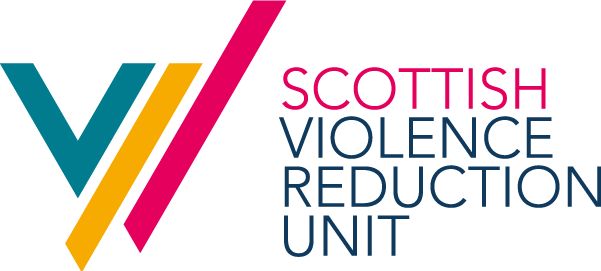As we approach the end of the year, the director of the SVRU, Niven Rennie, reflects on the last 12 months while looking ahead to achieving more progress in developing interventions and solutions to the violence that infects communities in Scotland.
Despite the continued impact of the COVID-19 pandemic, what are some of the key takeaways of the SVRU work this year?
There have been many positives from the work carried out by the SVRU team and partners in 2021. Chiefly, we launched a new five-year strategy in September which we used to call for a major public health push across Scotland to drive down violence in our homes, streets and communities. At the core of A Safer Scotland For Allis the public health model which uses an evidence-based approach to target the root causes of violence. This coincided with the launch of the You Decide Team (YDT) in Glasgow – a non-judgemental, completely confidential service run in partnership with social enterprise Braveheart Industries to help people navigate their way to a safer and healthier future. Elsewhere, we also expanded into the Wallacetown area of Ayr, where significant partnership working is taking root. In the east, we were involved with hosting a Royal visit to partners Heavy Sound when the Duke and Duchess of Cambridge took a tour of the powerful community work happening in Cockenzie. In Dundee, we have been building on the solid foundations created since establishing the SVRU hub there in 2019.
What would you like to see happen in 2022 in the work to reduce violence in Scotland?
Without hope and opportunity we will not progress. We know that violence can thrive where there is little or no hope and I have spoken about the links between violence, addiction, poor educational and health outcomes and poverty. The SVRU remains committed to a public health approach to reducing violence – improving the health and safety of everyone by addressing the underlying risk factors that increase the chance someone will become either a victim or perpetrator of violence. Every profession, and every person, has a part to play. Those underlying factors which allow violence to exist must be tackled by everyone working together.
We have all been part of the biggest public health effort in history during the ongoing pandemic with every single one us playing a role in reducing its impact. Similarly, when it comes to reducing violence, we all have a part to play. There can be no bystanders if we are to succeed in making Scotland the safest country in the world.
What, in your view, can be done?
Youth violence cannot be viewed as a single issue. Hopelessness amongst many young people is the driver for that violence. Children are not “born bad” and we need a prevention strategy that starts pre-birth. The strategy needs to give children hope and aspiration. Steps need to be taken to offer them ambition and opportunity, to engage and encourage, to show empathy and understanding, to build a more compassionate society.
Indeed, we have a better understanding now than we have ever had of the impact of childhood on the development of an adult. The behaviour in the home, love and support and numerous other factors can all contribute to the healthy development or otherwise of a member of society.
Prevention activity must start at the earliest opportunity. It is therefore crucial that we ensure that our children are supported and nurtured, that they have the things they need to flourish, that they are provided with hope for the future.
I have had the honour of chairing an initiative this year called The Hope Collective. It is made up of a partnership of organisations coming together in support of the Damilola Taylor Trust’s 20th anniversary legacy campaign to shine a light on the positive contributions of young people. Listening to young people united in purpose and with a determination for change has been inspiring. It has filled me with hope that challenges can be overcome by working together.

